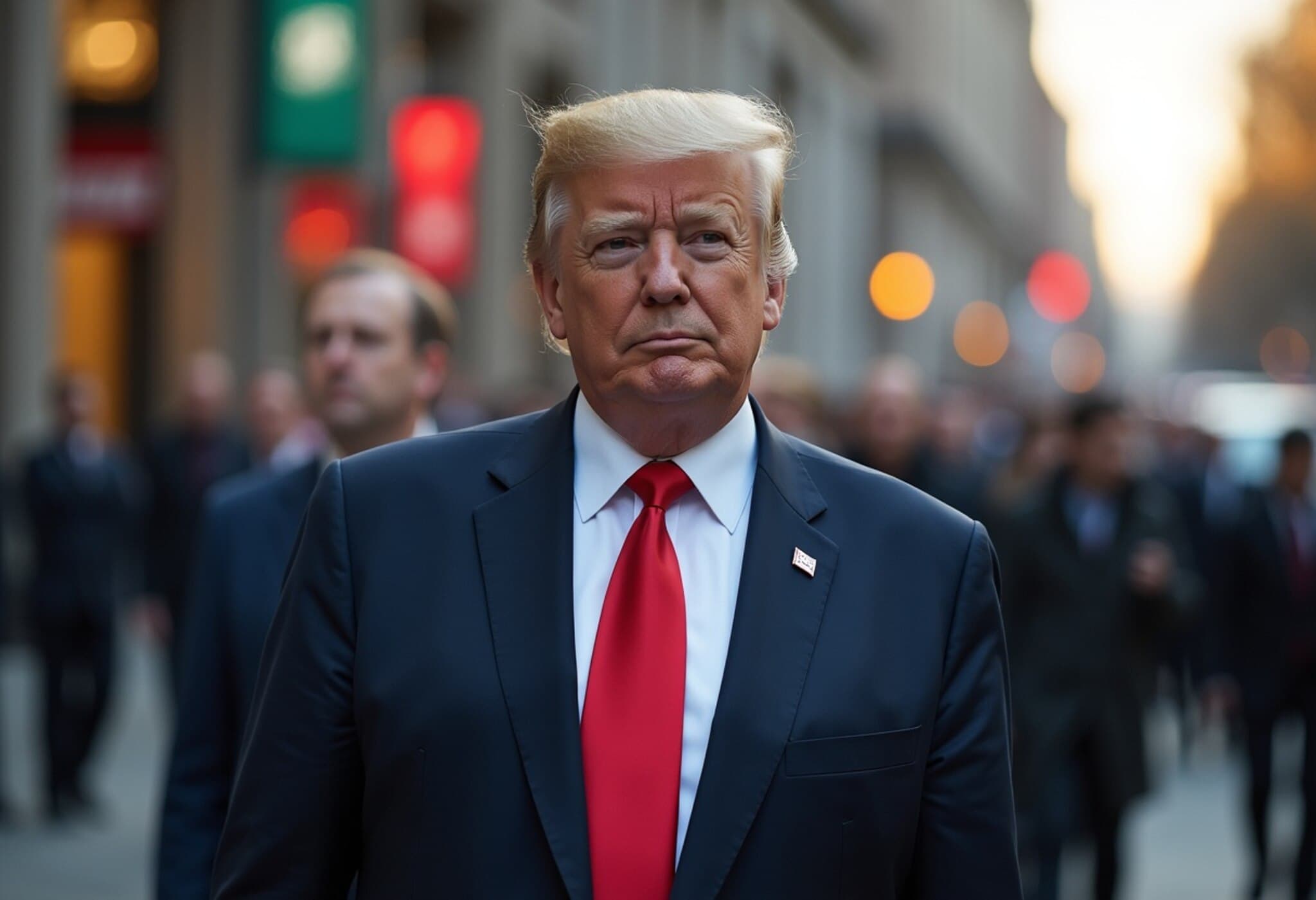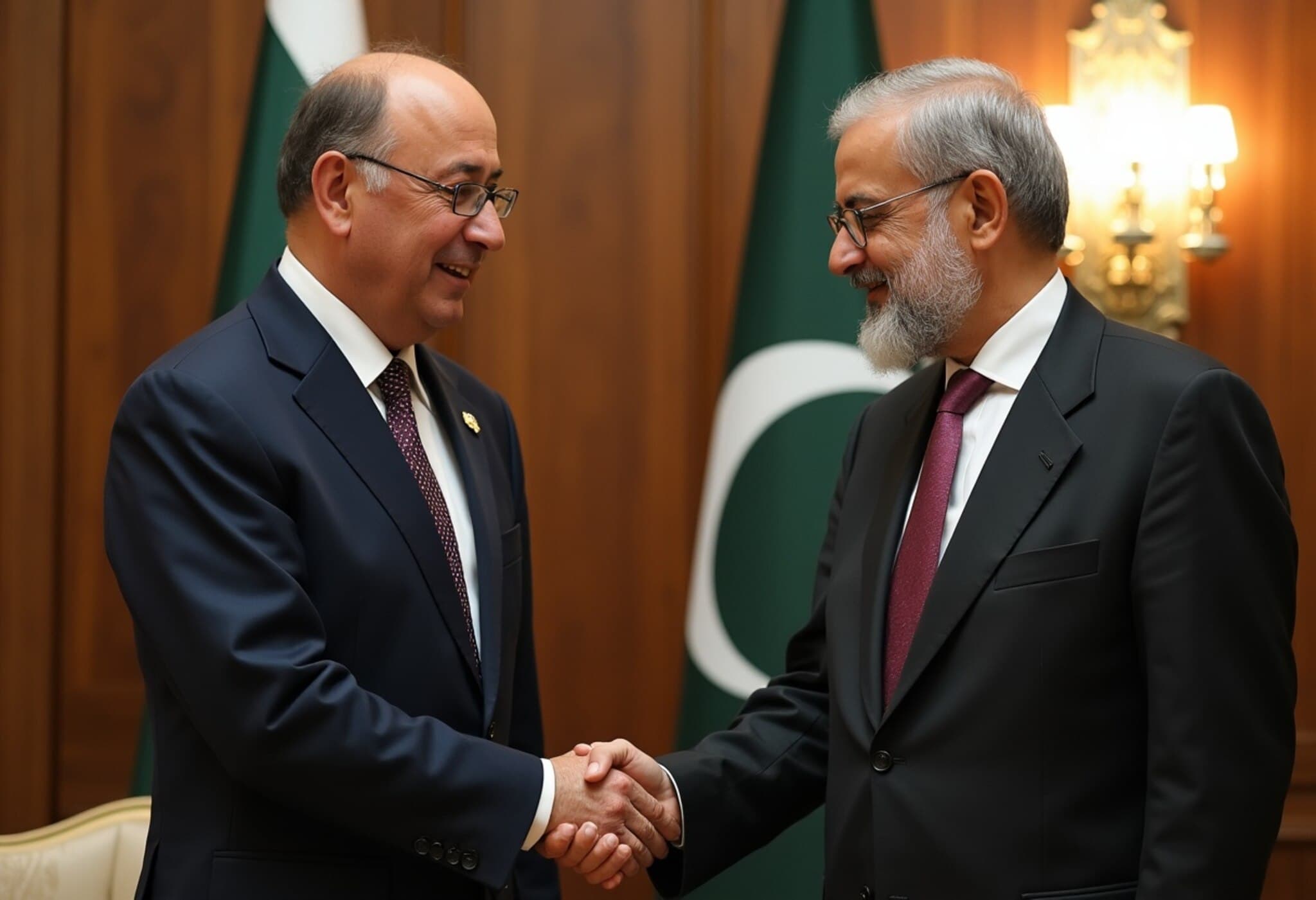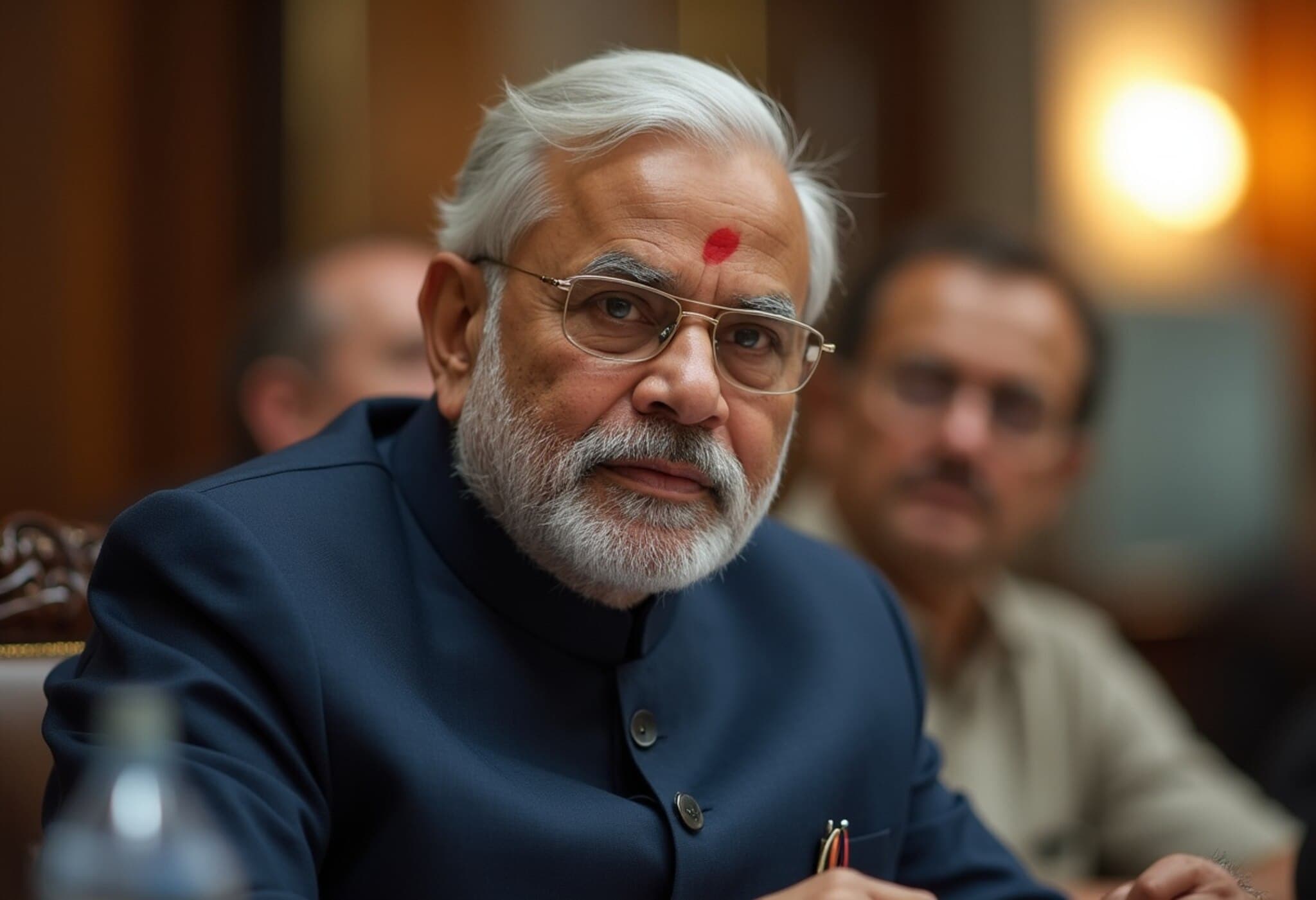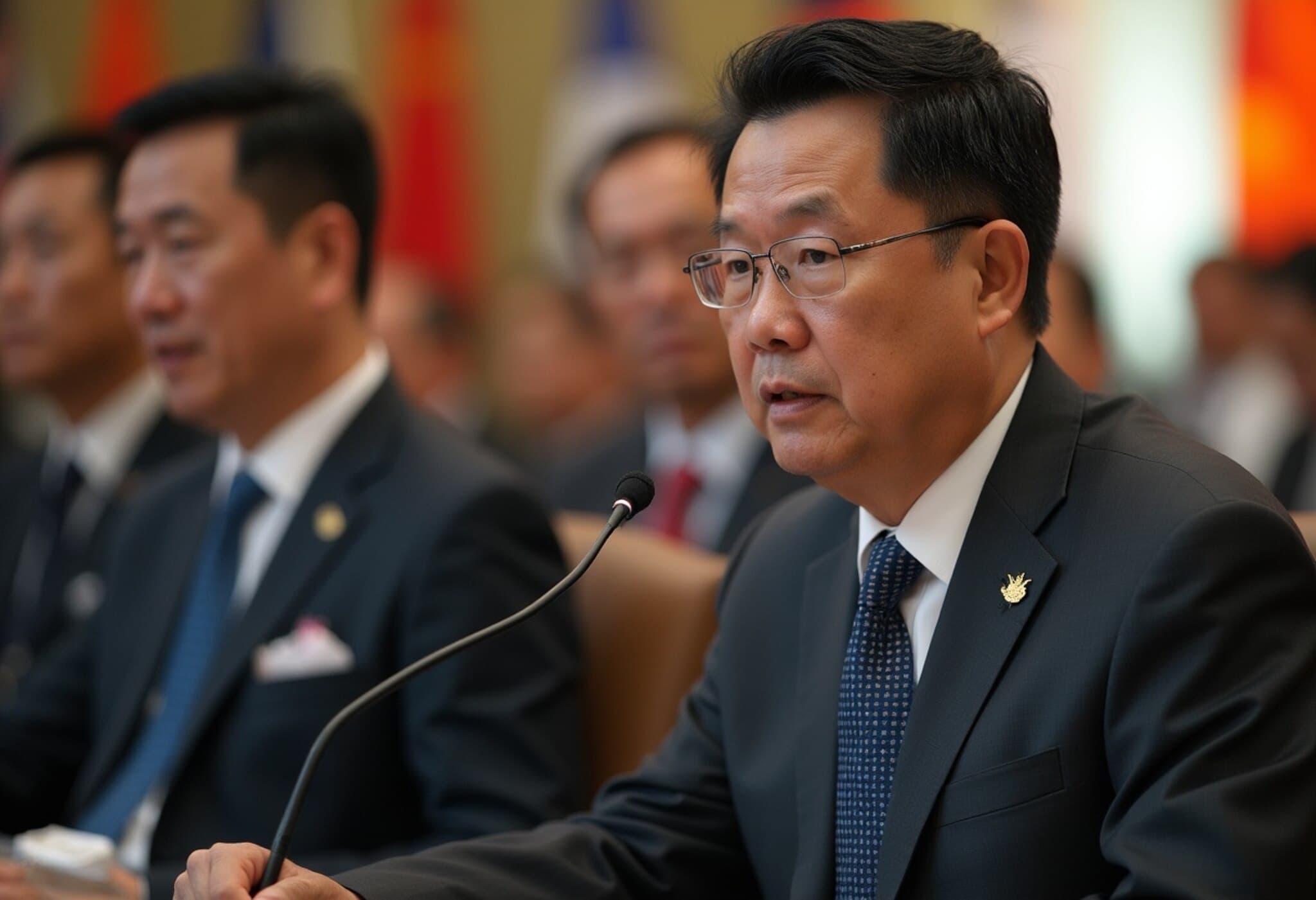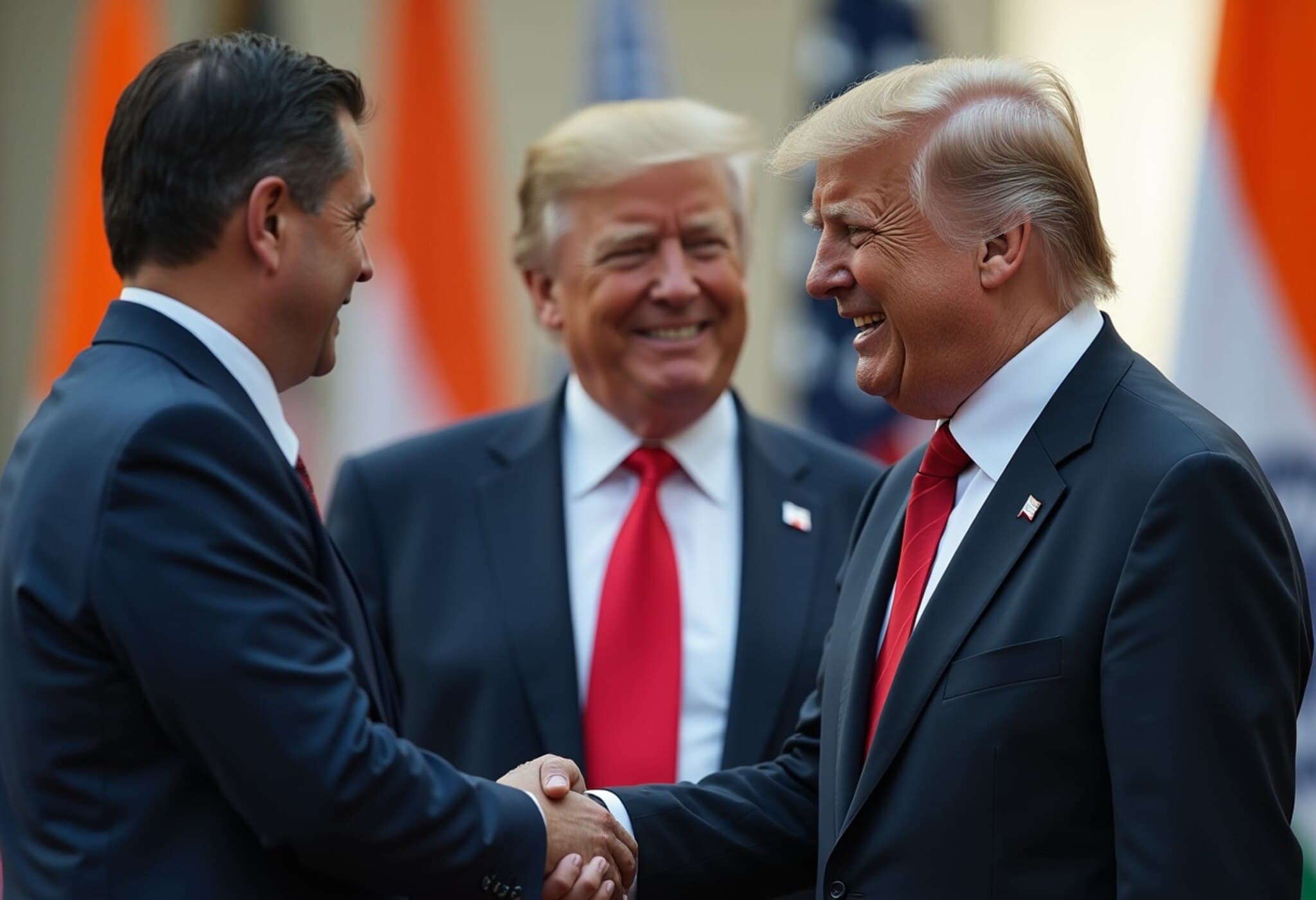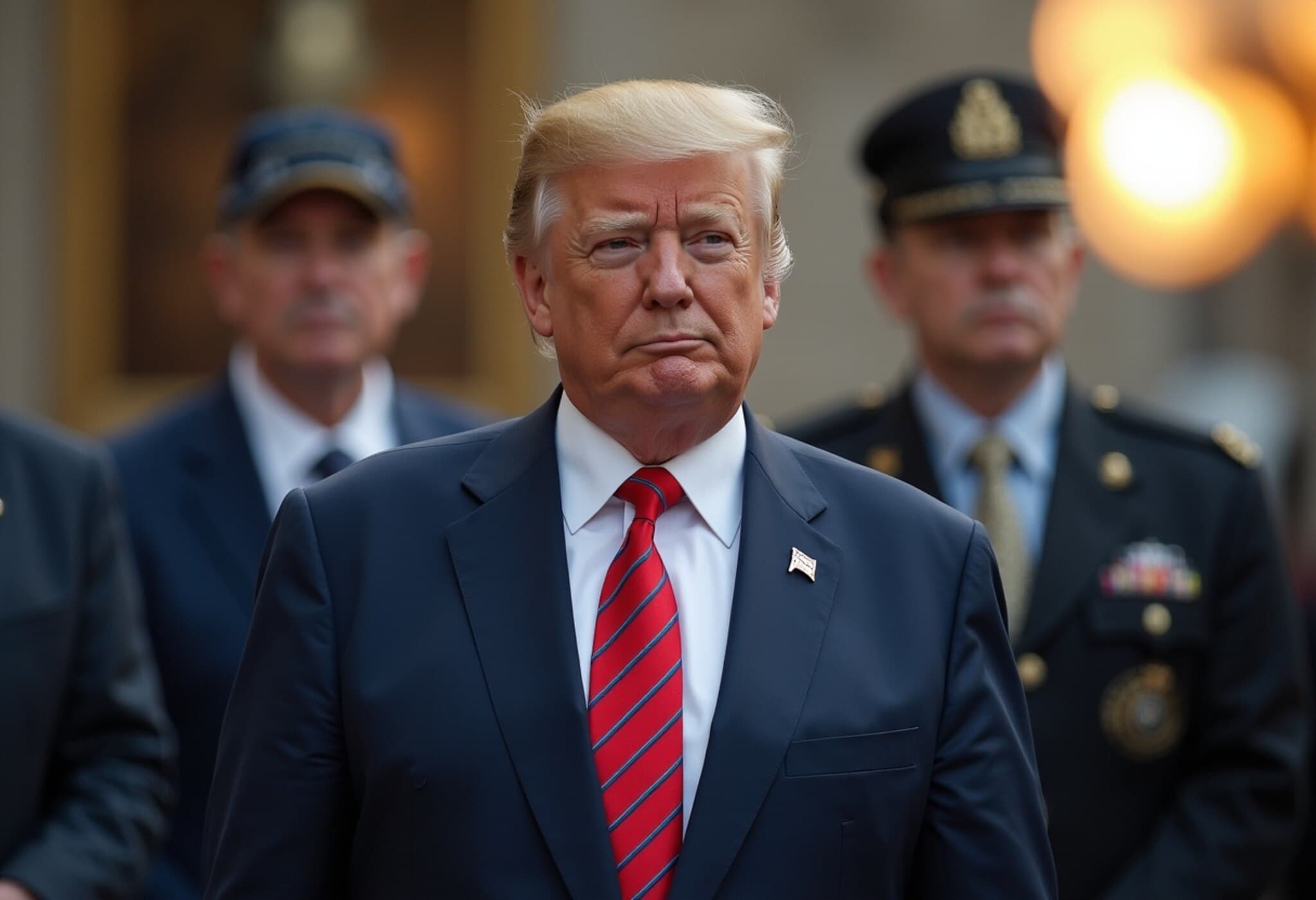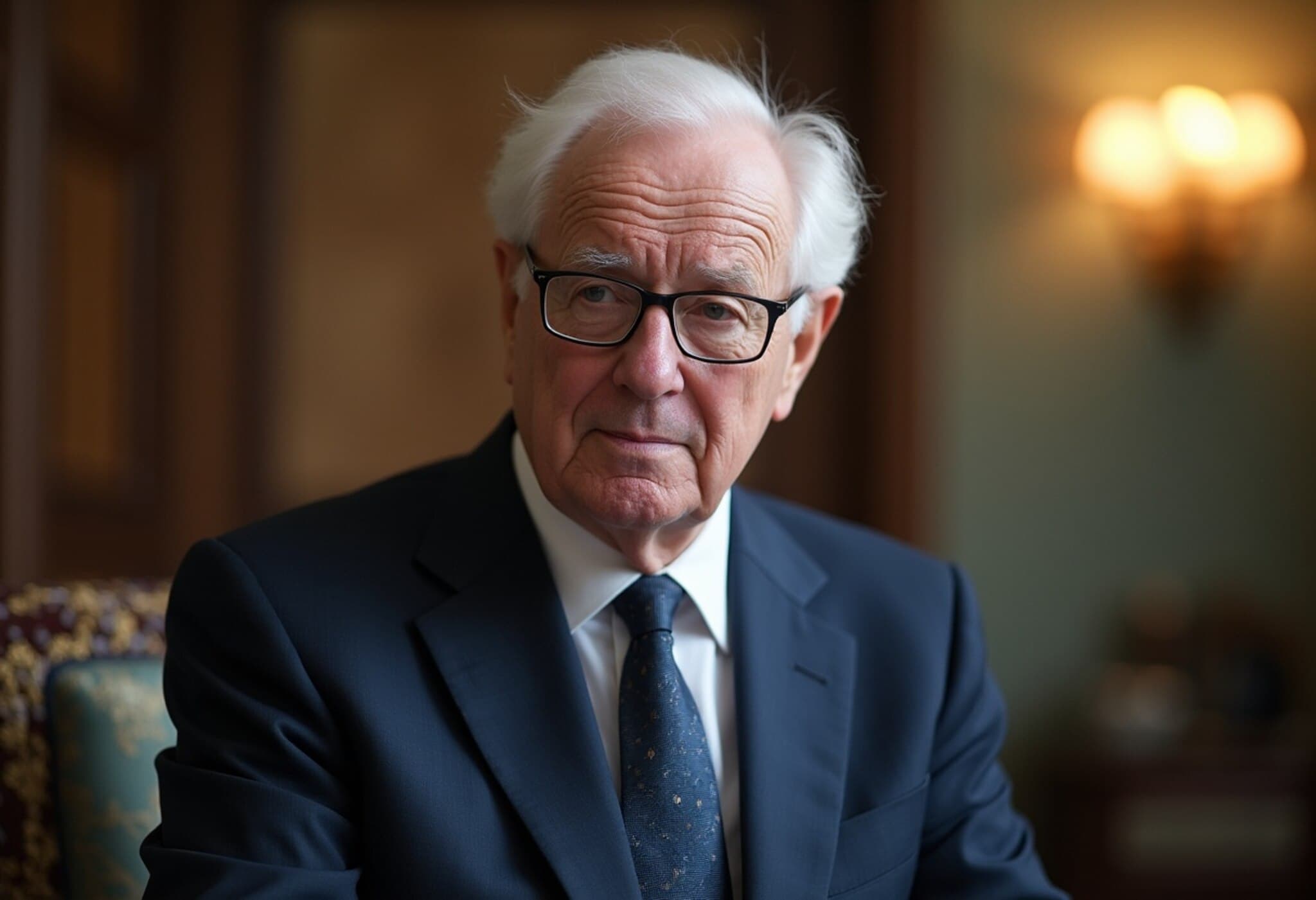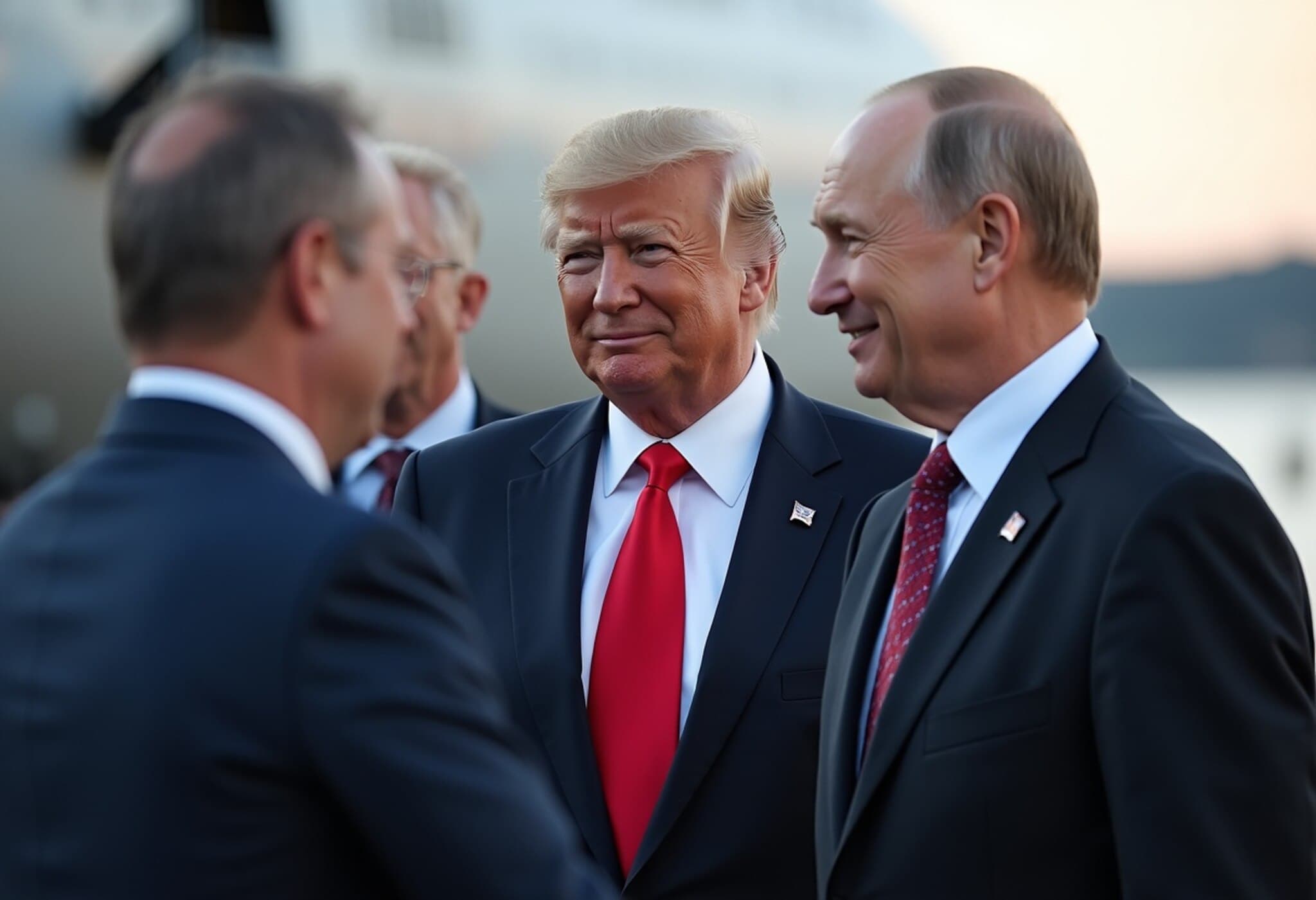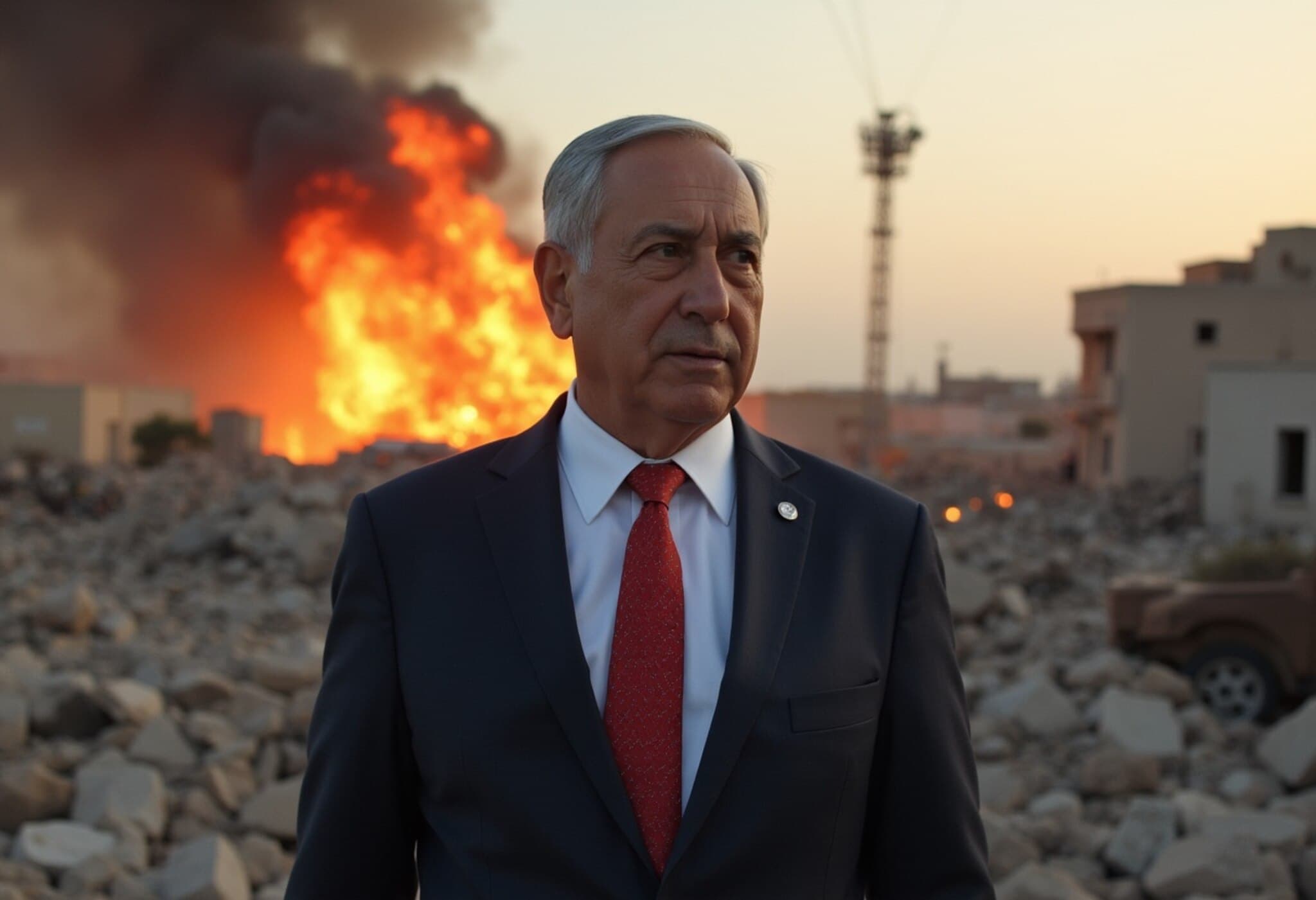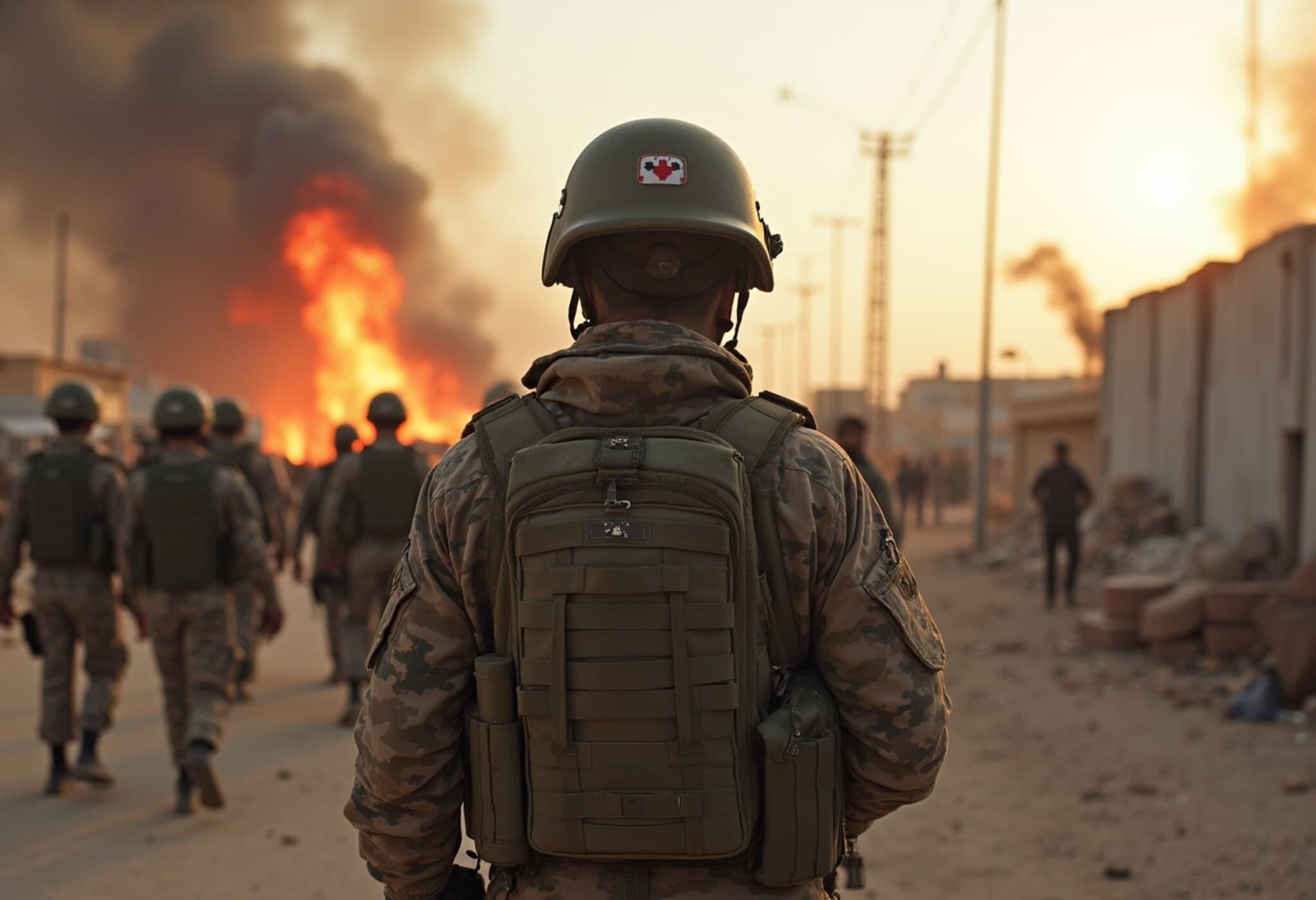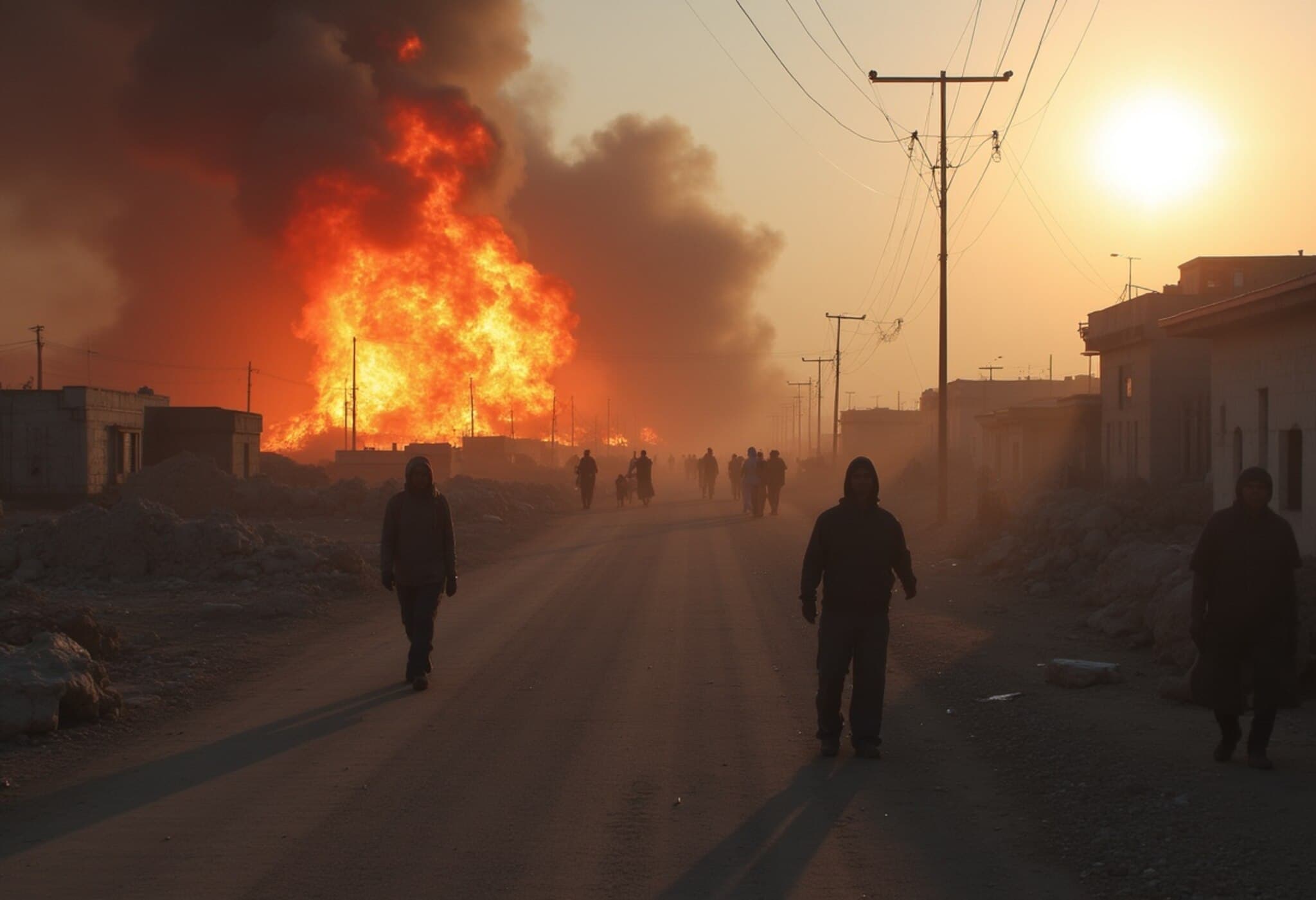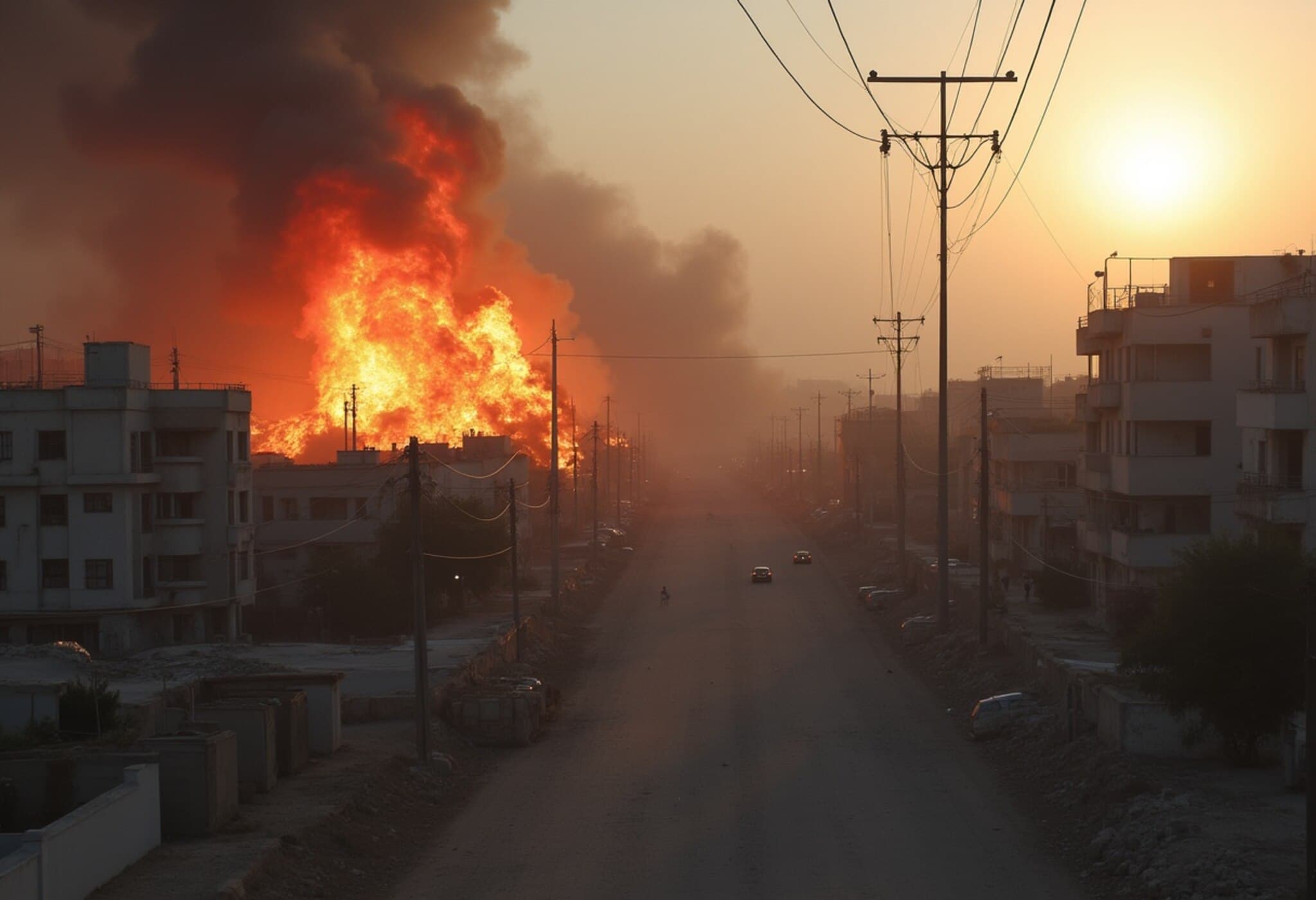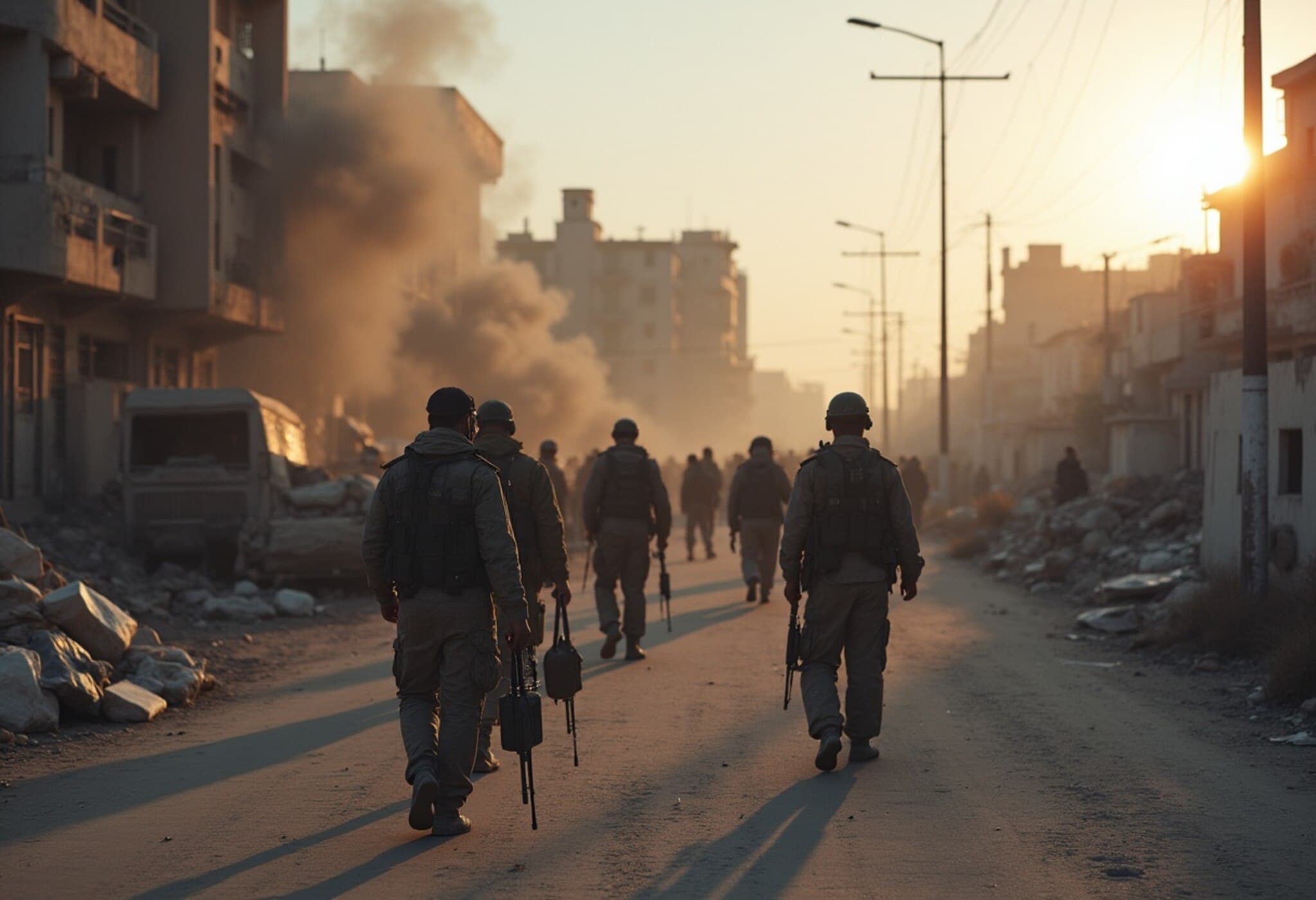UK, France, Germany Invoke 'Snapback' to Reinstate UN Sanctions on Iran
On August 29, 2025, the United Kingdom, France, and Germany—collectively known as the E3—took the significant step of triggering a 'snapback' mechanism to reimpose all United Nations sanctions on Iran. This move comes after these European powers concluded that Iran has substantially violated its commitments under the 2015 nuclear agreement, officially known as the Joint Comprehensive Plan of Action (JCPOA).
Understanding the Snapback Mechanism and Its Implications
The snapback clause is a unique provision within the JCPOA framework that allows any original participant to restore previously lifted UN sanctions if it believes another party is non-compliant. By activating this clause through a formal letter to the UN Security Council, the E3 initiated a 30-day countdown, during which diplomatic efforts could potentially avert full sanctions reinstatement.
Should diplomacy falter, all previous sanctions lifted under the 2015 deal will automatically return, marking a severe escalation in international pressure on Tehran.
The E3’s Position and the Scope of Iranian Violations
The joint statement from the UK, France, and Germany emphasized that Iran’s actions—particularly the expansion of its stockpile of highly enriched uranium—are without adequate civilian justification and constitute a significant breach of the agreement. A European diplomat told Axios, “The E3 leaders think that Iran has been for years in clear violation of its obligations, with no concrete remedial steps.”
Iran’s Reaction and Regional Security Dynamics
Iran quickly condemned the snapback move, warning it would respond appropriately. Tehran also hinted that renewed sanctions could severely hinder its cooperation with the International Atomic Energy Agency (IAEA), the UN nuclear watchdog. This threatens to further complicate monitoring efforts and deepen mistrust between Iran and the international community.
Experts view this development against the backdrop of escalated regional tensions, notably following the June clashes involving Israel and the United States that targeted Iranian nuclear sites and led to the killing of key military leaders. Analysts suggest these events have nudged Iran toward accelerating its nuclear ambitions as a deterrent, despite considerable challenges posed by Israel’s air superiority and intelligence capabilities.
Diplomacy’s Last Window: The Critical 30-Day Countdown
Despite activating sanctions, the E3 expressed openness to dialogue, signaling a willingness to entertain Iran’s return to compliance through diplomatic channels. Foreign ministers stressed interest in discussing proposals to extend the deal or exploring serious steps to restore adherence.
The United States echoed support for the snapback sanctions but simultaneously voiced readiness for direct negotiations with Tehran. This dual approach underscores the complexity of the situation, reflecting hopes for resolution balanced against the need for vigilance.
Why This Matters: Broader Implications for US and Global Policy
- US-Iran relations: The snapback sanctions complicate ongoing talks while also applying pressure, leaving Washington in a delicate balancing act between diplomacy and enforcement.
- Non-Proliferation Regime: Reinstituting sanctions could either reinvigorate the nuclear non-proliferation framework or push Iran further from compliance, with consequences for global security.
- Middle East Stability: Heightened sanctions risk fueling regional instability as Iran recalibrates its strategic posture.
Underreported Perspectives and Critical Questions
While the headline narrative focuses on Iran’s alleged breach and Western diplomatic responses, less attention has been given to the impact on the Iranian populace, who may face increased economic hardship amid renewed sanctions. Moreover, how will this standoff influence Iran’s relationships with other global powers such as China and Russia?
Additionally, the snapback raises a critical question—can multilateral mechanisms still effectively enforce compliance on complex international accords in an era marked by geopolitical friction and mistrust?
Editor’s Note
The reactivation of UN sanctions against Iran signals a pivotal moment in the fraught saga of nuclear diplomacy. As the 30-day period unfolds, the international community stands at a crossroads between renewed confrontation and cautious engagement.
Will Iran return to the negotiating table in good faith, or will escalation deepen, further straining global security? Observers must watch closely not only the official dialogues but also the human and geopolitical ripple effects that could reshape the Middle East and the future of nuclear non-proliferation.

